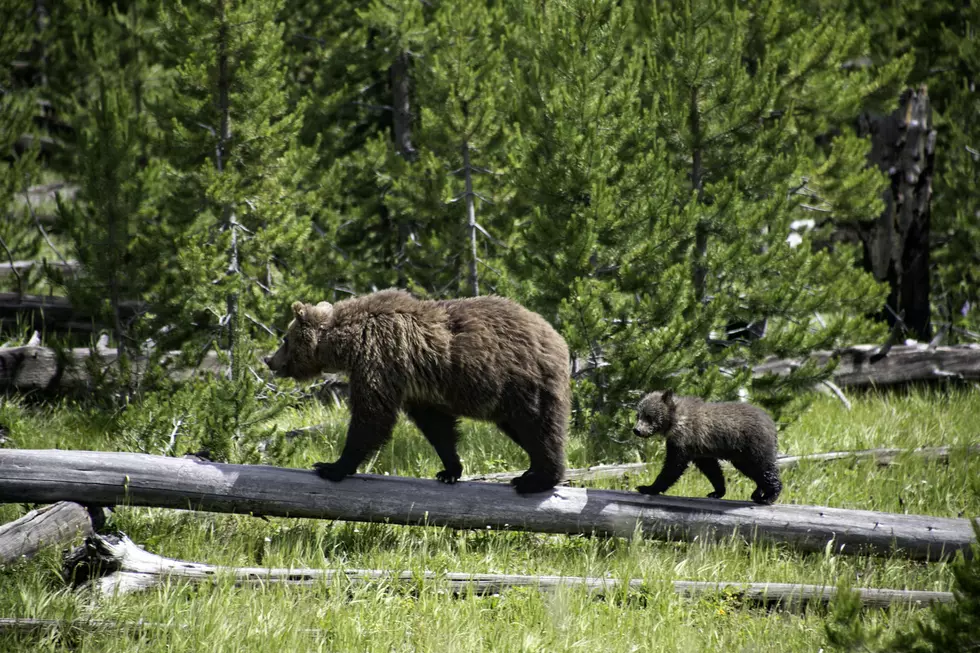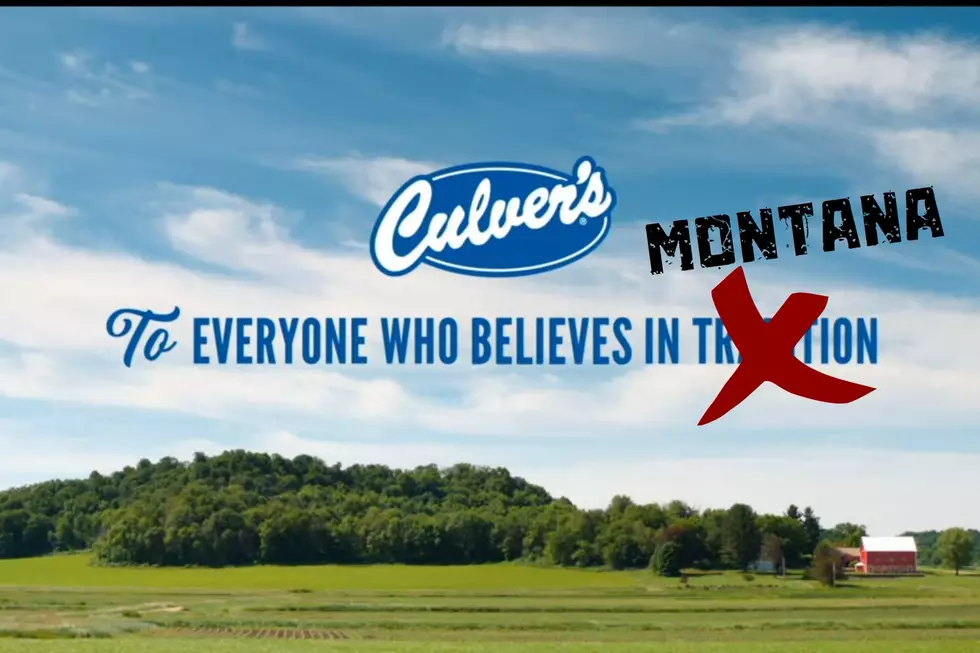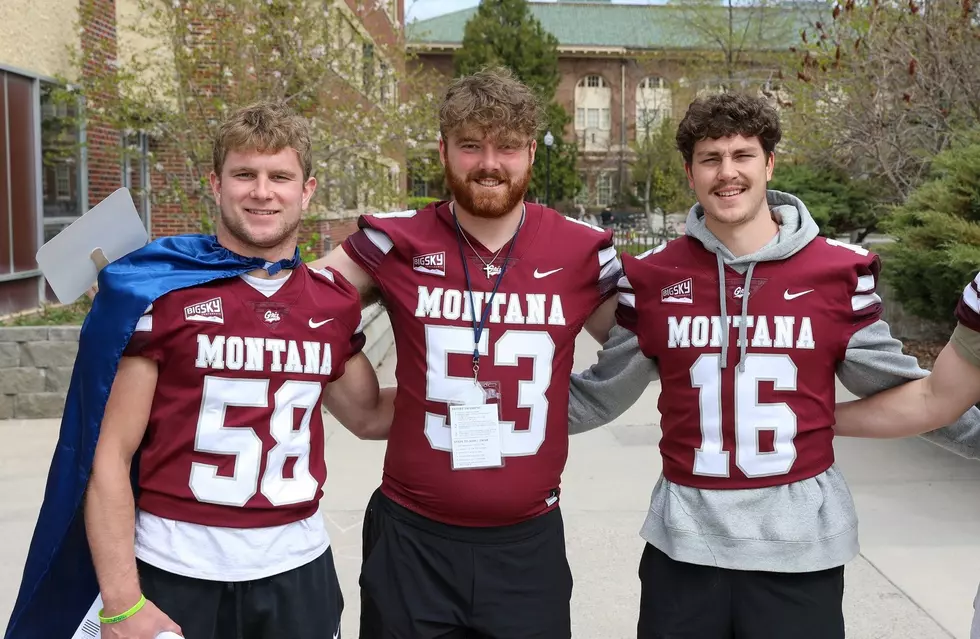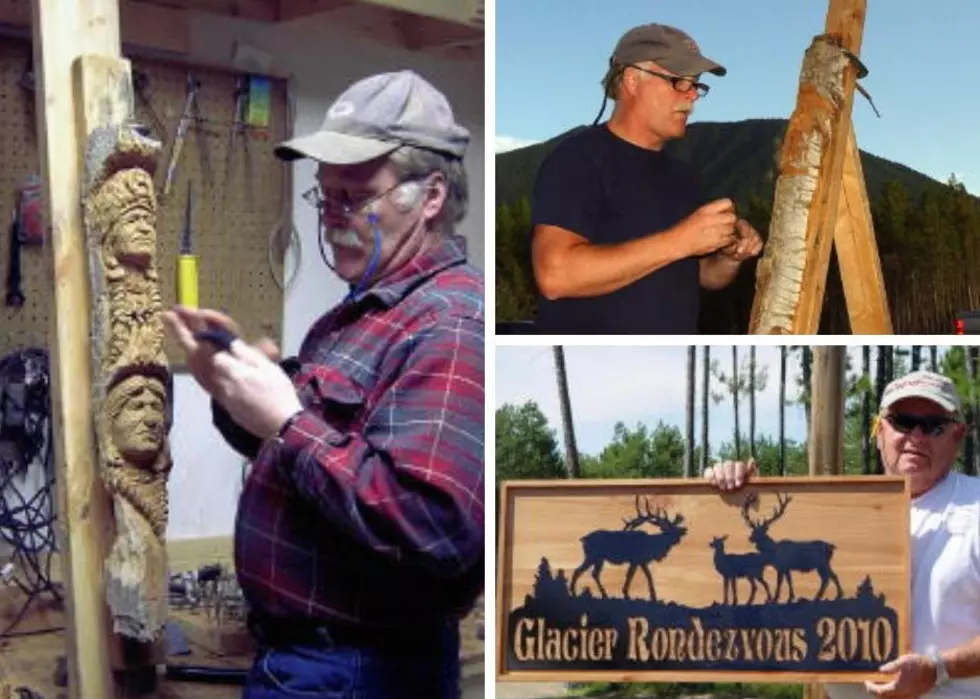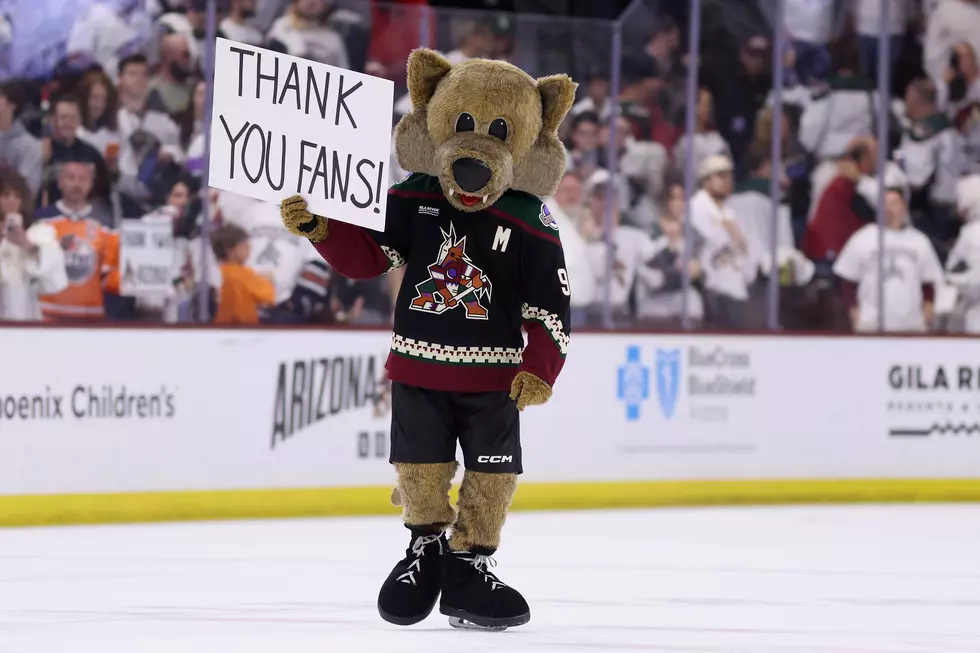
U.S. Attorney for Montana on Violent Crime in Indian Country
On Thursday, during remarks at the Trilateral Working Group on Violence against Indigenous Women and Girls, Deputy U.S. Attorney General Lisa Monaco directed U.S. Attorney to prioritize violent crime in Indian Country.
KGVO News reached out to Montana’s U.S. Attorney Jesse Laslovich who said he was inspired by Monaco’s challenge since he and his predecessors have already become deeply involved in the issue.
“We've made this a priority in my time,” said Laslovich. “I know previous U.S. attorneys have made it a priority because of the strong presence of reservations here in the state and that we really want to assist them in any way we can. I'm really encouraged about the Department of Justice's leadership at the highest levels who are ‘all in’ for supporting our efforts, not just here in the District of Montana, but this districts throughout the country.”

Laslovich responded to a question of how state and federal agencies can earn the right to be heard by residents of the state’s Indian reservations.
“I've told them and I'll tell you, this is going to take a collaborative approach,” he said. “It is going to take trust and that trust must be earned. It's not something that I get just because I have the title of U.S. Attorney, but rather it's through work. And, of course, it's not just the U.S. Attorney's office but our federal law enforcement partners as well as with the tribal police who are investigating these horrible crimes and being resolute in our efforts and turning over every stone.”
Montana Attorney General Austin Knudsen told KGVO recently that methamphetamine and fentanyl have been pouring into the state’s reservations. Laslovich said residents throughout the state must take the step to help law enforcement stop the flow of drugs.
“What we're doing is working in conjunction with our federal partners and our tribal partners,” he said. “There's a lot of undercover work happening, Peter, where we're able to get through to somebody whether it's a state, local or tribal partner, and sometimes in doing so able to learn their network. And if we can stop the network, or get the people who are involved most heavily in the network, which in some instances we've had success thus far in doing, then we can stop the flow.”
Laslovich said Montana residents in non-reservation communities can help stop the flow of drugs by keeping their eyes and ears open and letting law enforcement know who might be involved in moving dangerous drugs going to the state’s tribal communities.
“If they know of somebody who's living in a Missoula for example or a Great Falls, Kalispell; these larger communities we have in the state who may be connected to someone who was trafficking drugs and drug paraphernalia, not just within those communities, but also the reservations, then they've got to speak up,” he said. “They've got to let law enforcement know that this is happening. Far too often we are only made aware of the work because of tips.”
The U.S. Attorney’s office told KGVO News that as of today, the database for missing indigenous persons lists 45 individuals, of which 24 have been missing less than a year and 21 have been missing more than one year.
I Bought an Old House in Missoula: It's My First Time Renovating
14 Destinations to Visit With Direct Flights From Missoula
WOW! Photos from the Newly Opened Missoula Airport
More From 94.9 KYSS FM
